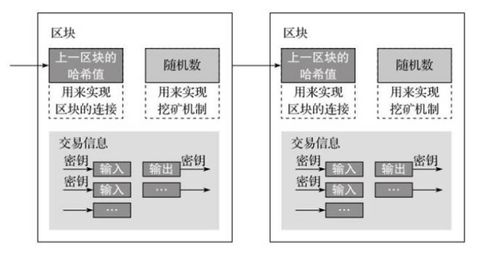Title: Exploring the Potential of Blockchain in the Pharmaceutical Industry
Introduction
Blockchain technology has garnered significant attention across various industries due to its potential to revolutionize traditional processes. In the pharmaceutical sector, where safety, security, and transparency are paramount, blockchain offers numerous promising applications. This article delves into the utilization of blockchain in the pharmaceutical industry, exploring its benefits, challenges, and future prospects.
1. Supply Chain Management
One of the most significant applications of blockchain in the pharmaceutical industry is in supply chain management. By leveraging blockchain, pharmaceutical companies can create an immutable record of every transaction involved in the supply chain, from raw material sourcing to distribution. This transparency helps in ensuring the authenticity and integrity of drugs, reducing the risk of counterfeit products entering the market.
2. Drug Traceability
Blockchain enables enhanced traceability of drugs throughout their lifecycle. Each drug can be assigned a unique identifier that is recorded on the blockchain, allowing stakeholders to track its journey from manufacturing to consumption accurately. This transparency not only aids in combating counterfeit drugs but also facilitates efficient recalls in case of quality issues or safety concerns.
3. Clinical Trials
Blockchain technology holds the potential to streamline and enhance the integrity of clinical trials in the pharmaceutical industry. By recording trial data on a blockchain, researchers can ensure the immutability and transparency of the data, reducing the risk of data tampering or manipulation. Smart contracts can also be utilized to automate certain aspects of clinical trial processes, such as participant recruitment and consent management.
4. Intellectual Property Protection

Protecting intellectual property is crucial in the pharmaceutical sector, where extensive research and development efforts are invested in bringing new drugs to market. Blockchain offers a decentralized and tamperproof platform for recording intellectual property rights, including patents, trademarks, and copyrights. This ensures that the ownership and integrity of intellectual property assets are securely maintained.
5. Regulatory Compliance
Ensuring regulatory compliance is a major challenge for pharmaceutical companies due to the complex and evolving nature of regulations. Blockchain can streamline compliance processes by providing a transparent and auditable record of regulatory requirements and adherence. Smart contracts can be programmed to automatically execute compliance checks, reducing the administrative burden on companies.
Challenges and Considerations
While the potential benefits of blockchain in the pharmaceutical industry are significant, several challenges and considerations must be addressed:
Scalability:
Blockchain scalability remains a concern, particularly concerning the large volume of transactions and data generated in the pharmaceutical industry.
Interoperability:
Achieving interoperability between different blockchain platforms and existing IT systems is essential for seamless integration and data exchange.
Privacy and Security:
Protecting sensitive data while ensuring transparency on the blockchain requires robust privacy and security measures.
Regulatory Uncertainty:
Regulatory frameworks governing the use of blockchain in the pharmaceutical industry are still evolving and must be carefully navigated.Future Outlook
Despite these challenges, the future outlook for blockchain in the pharmaceutical industry is promising. As technology matures and regulatory frameworks become clearer, we can expect to see wider adoption of blockchain solutions across various pharmaceutical processes. Collaborative efforts between industry stakeholders, regulators, and technology providers will be essential in realizing the full potential of blockchain in transforming the pharmaceutical landscape.
Conclusion
Blockchain technology offers transformative potential for the pharmaceutical industry, offering solutions to longstanding challenges such as supply chain integrity, drug traceability, and regulatory compliance. By embracing blockchain, pharmaceutical companies can enhance transparency, efficiency, and trust across the entire value chain, ultimately leading to improved patient outcomes and public health.







